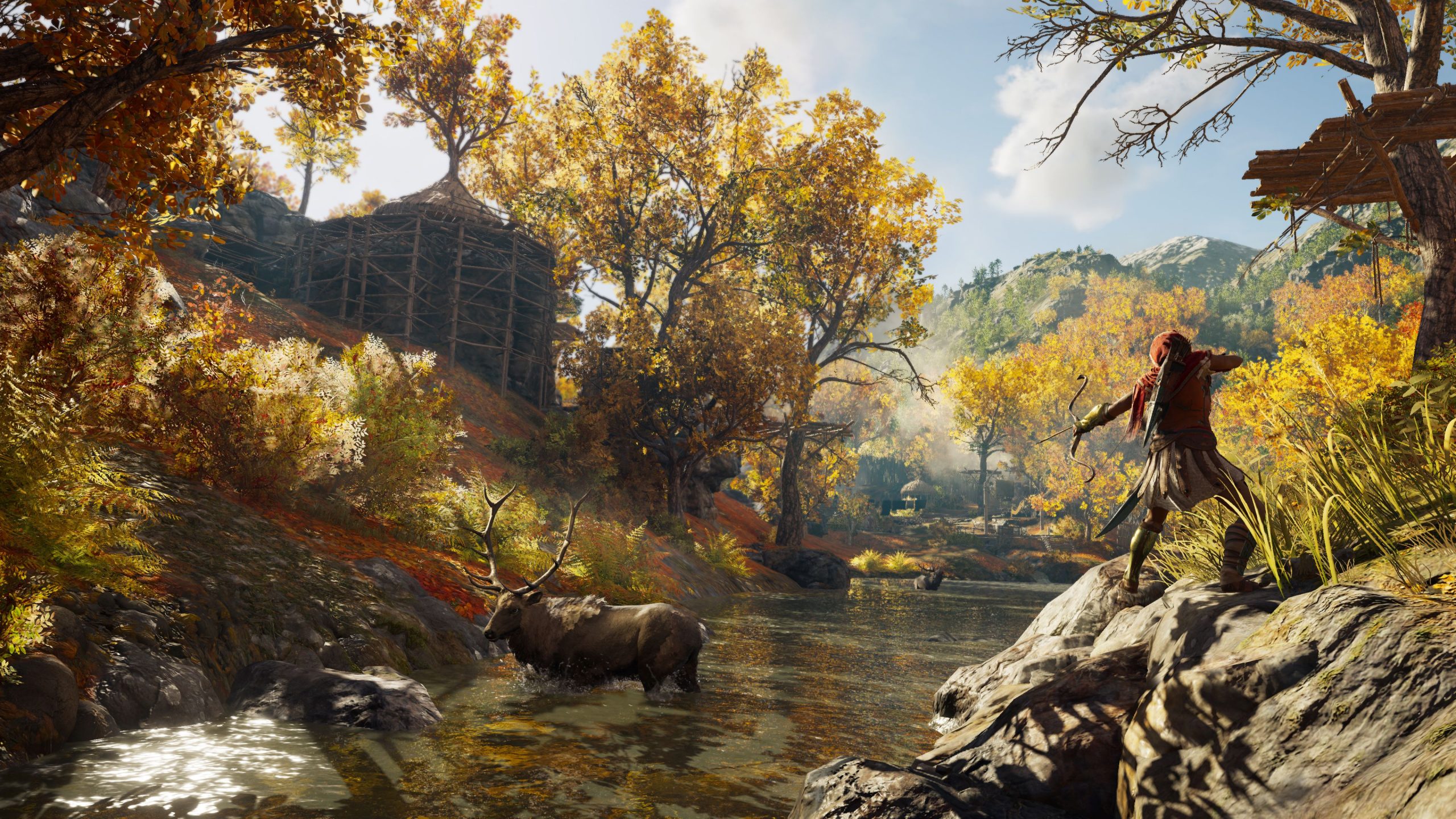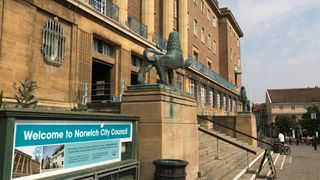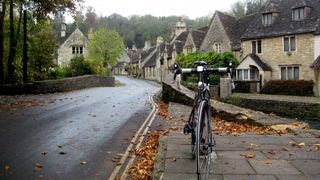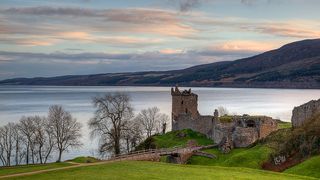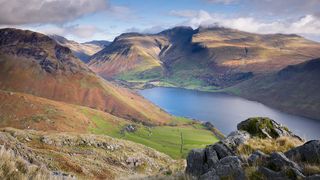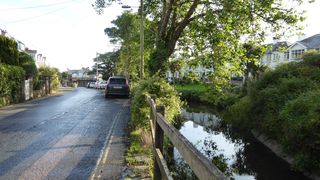You can trust VideoGamer. Our team of gaming experts spend hours testing and reviewing the latest games, to ensure you're reading the most comprehensive guide possible. Rest assured, all imagery and advice is unique and original. Check out how we test and review games here
It’s no secret that Assassin’s Creed is aimed as much at holiday-makers and history buffs as it is at devotees of deviance and death. It isn’t as though you hear any hushed crooning for new eavesdropping mechanics, or excited squawks over the latest breed of eagle your hero will deputise as a drone. It’s difficult to extract much excitement from even the devout over the hidden blade any more – and by the way, if you require a mammoth mechanical vambrace, it isn’t hidden. No, the clamour you hear is always about the where and the when. Ubisoft has positioned itself as temporal travel agent, catering to the whims of the world-weary.
So, where to next? Where does the French publisher take its beloved franchise that isn’t annual anymore except for the times that it is? Here are five settings that we think are perfect.
Norfolk
Assassin’s Creed Odyssey has been praised by many for the complexity of its map, but can any Greek archipelago hope to compete with the efficient, accessible majesty of the Norfolk Broads? The series’ sailing mechanics would find a resplendent home here, and the diverse range of regions would keep explorers busy for months. South Norfolk, Great Yarmouth, Broadland, North Norfolk, the solemn beauty of Breckland, West Norfolk, King's Lynn, and, the jewel of East Anglia, Norwich.
Aside from the explorative possibilities and beauty of the region, there is rich history in Norfolk, dating back to pre-Roman times. The Celtic queen Boudica led an uprising against the ruling Romans in 61 AD. Though it isn't clear why, as the Romans gave them the very roads and ports that today make places like Norwich a bustling commercial hub, with its iconic market and pedestrianised city centre.
Bognor Regis
Bognor Regis might conjure images of Butlins and packaged, packeted holidays, but it’s also very well suited to the series’ brand of cloak and dagger intrigue. If you set the game in the 18th Century, when the seaside town was known simply as Bognor, you would have a sordid scandal on your hands.
Sir Richard Hotham, or ‘Hotham the Hatter’ as he was called (he was a hatter, in fairness), was an East India Company merchant, a politician, and a property developer. All of which is another way of saying he was definitely a Templar. Hotham built an enormous holiday resort in Bognor and tried to have the village renamed ‘Hothampton’; it’s difficult not to admire that. By way of local flavour, it has been thought that Jane Austen’s unfinished novel, Sanditon, was about the resort. There’s a quest-giving NPC right there, probably.
The Cotswolds
Designated as an area of outstanding natural beauty (or AONB, as it’s more commonly known), the Cotswolds is an area of rolling hills and meadows in south central England. In fact, its name (cot and wolds) means ‘sheep enclosure in rolling hillsides.’ Because of this, the Cotswolds obtains significant tourism spending each year: £373 million on accommodation, £157 million on local attractions, and £100 million on travel in 2016 alone. If you take in the larger Cotswolds Tourism area, which includes places like Cheltenham and Gloucester, the generated revenue is about £1 billion.
Loch Ness
Nessie’s a Templar. Next.
The Lake District
If you’ve been playing Forza Horizon 4 recently, as I have quite a bit, then you will likely have come away thinking two things: the Lake District is a glorious place, but also it’s a shame that cars can’t drive vertically up a collection of towers and plummet unto barnfuls of hay. In other words, this popular holiday destination is ripe for an Assassin’s Creed game.
On top of this, a network of secluded towns like Dalton-in-Furness, Cockermouth, Penrith, and Grange-over-Sands, would serve as bustling hubs for exploration and quest-giving. Depending on when the game was set, your assassin would be spoilt for choice in terms of footpaths and bridleways, to say nothing of the great West Coast Main Line railway. If Ubisoft could be coaxed away from sailing, then we could have the next great game about trains. As well as another Assassin’s Creed, obviously.
Devon
Most of us, when we think of Devon, think of the sea, of scones and tea, a pint of Adnams Bitter on a windy afternoon. We think of escape, of country walks and maybe drives to nearby Cornwall or Dorset, to days spent in pursuit of relaxation and the salty spray of coastal air. But around 30-40,000 years ago, when the first humans made their way to Devon, the land told a very different story.
Given Ubisoft's predilection for retreading and pushing back the origins of its franchises – Origins was called Origins and was about the origins of the titular Creed, and Far Cry Primal filled us in on Jack Carver's illustrious ancestors – this would be a prime opportunity for backstory. At around 6,000 BC, Devon was home to Mesolithic hunter-gatherer peoples. This could surely be the true story of Creed's humble beginnings: observe, as your Mesolithic hero takes the first telltale tumble into a luckily-placed pile of hay, or as he binds a sharp stick to the inside of his wrist for sneaky tribal warfare. It would serve not just as an origin for the series, but as a sobering tale of one of our most prized holiday destinations.
Assassin’s Creed Odyssey
- Platform(s): PC, PlayStation 4, Xbox One
- Genre(s): Action Adventure
